Published since 2019 by the Fair Winds Foundation and Association of Foreign Relations, Taiwan Weekly provides in-depth report and analysis of the major issues facing Taiwan.

Mobilize, Mobilize, How Many Crimes Committed in Thy Name!
Recently, the Ministry of National Defense (MND) released a revised draft of the All-out Defense Mobilization Readiness Act.
Details
Slogan for Party, Government, and Military to Exit the Media Has Become a Joke
Sidney Lin, former deputy secretary-general of the ruling Democratic Progressive Party (DPP) quitted politics temporarily to serve in a subsidiary of Sanlih E-Television.
Details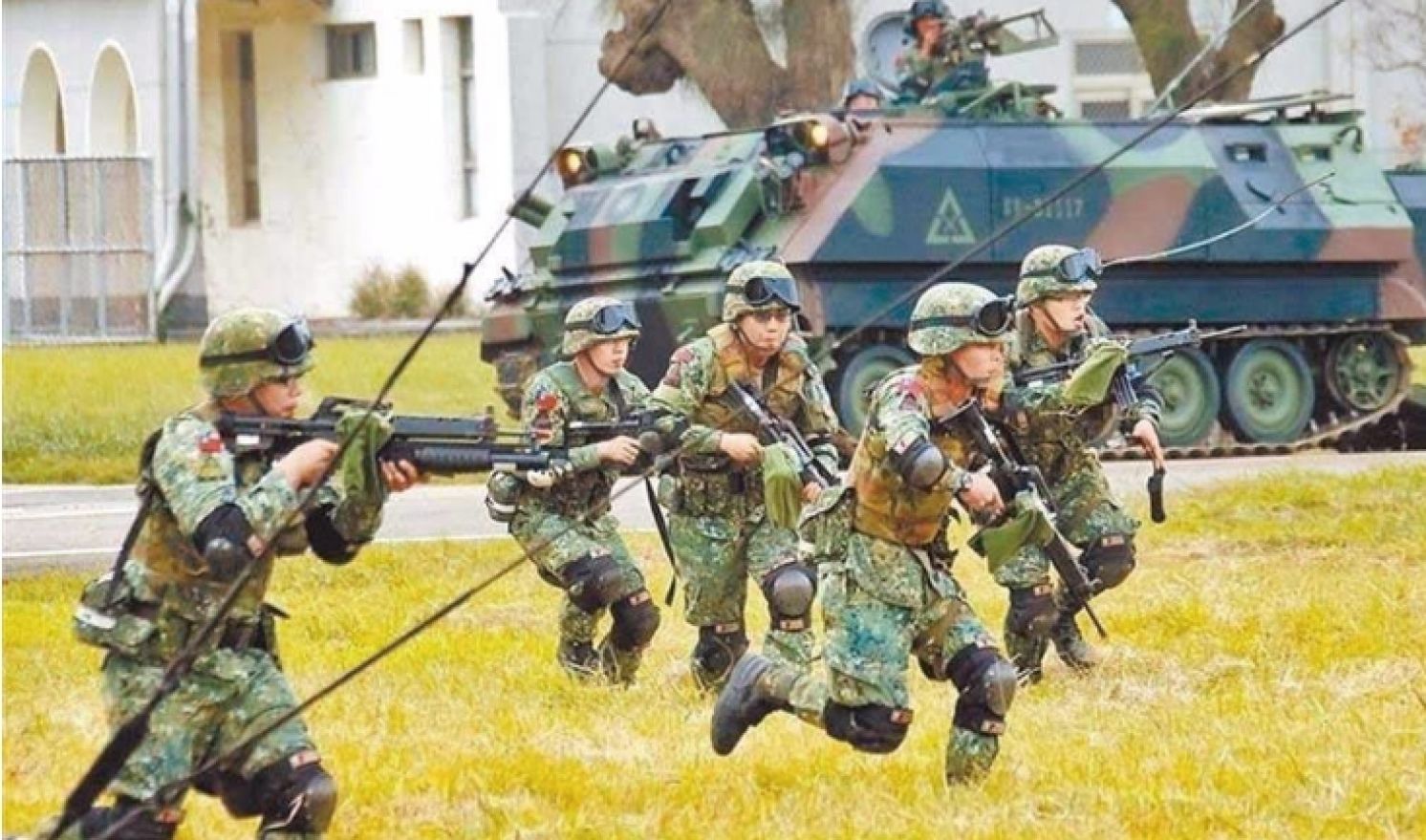
Nikkei Slanders Military:Who is Misleading and Who Adding Fuel?
Recently, the Japanese financial newspaper Nihon Keizai Shimbun published a series of special reports titled "The Unknown Side of Taiwan," with the first article focusing on the blind spots lurking in Taiwan's military.
Details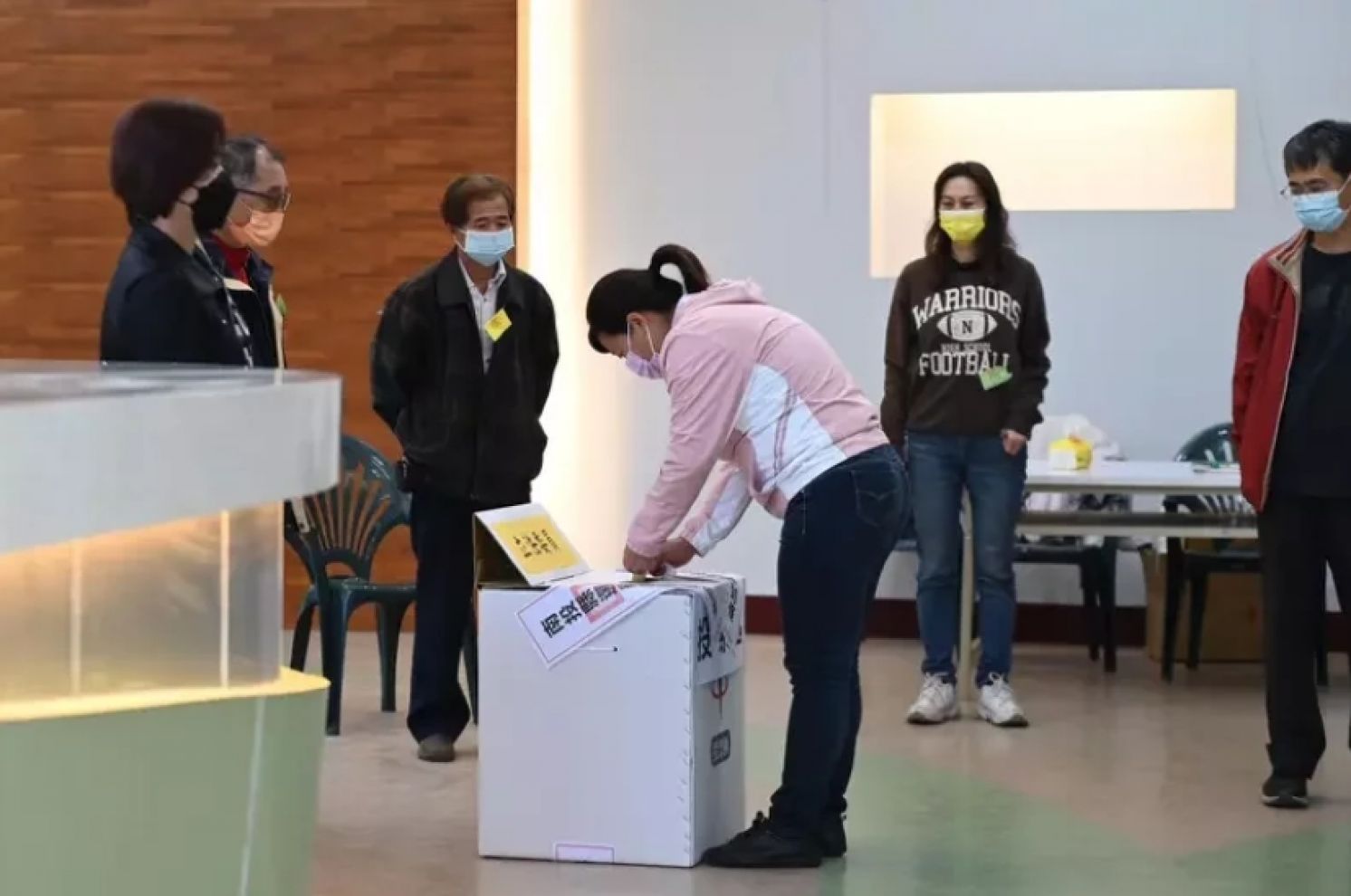
This Week in Taiwan 0226-0304
February 28: The United States House Financial Services Committee passed three Taiwan-friendly bills aimed at curbing the economic strength of the Chinese mainland, encouraging Taiwan to join the International Monetary Fund (IMF), and putting forth economic plans to deter Beijing's attempts to invade Taiwan, including plans to exclude China from international organizations such as the Group of 20 (G20) should the mainland threaten Taiwan's security.
Details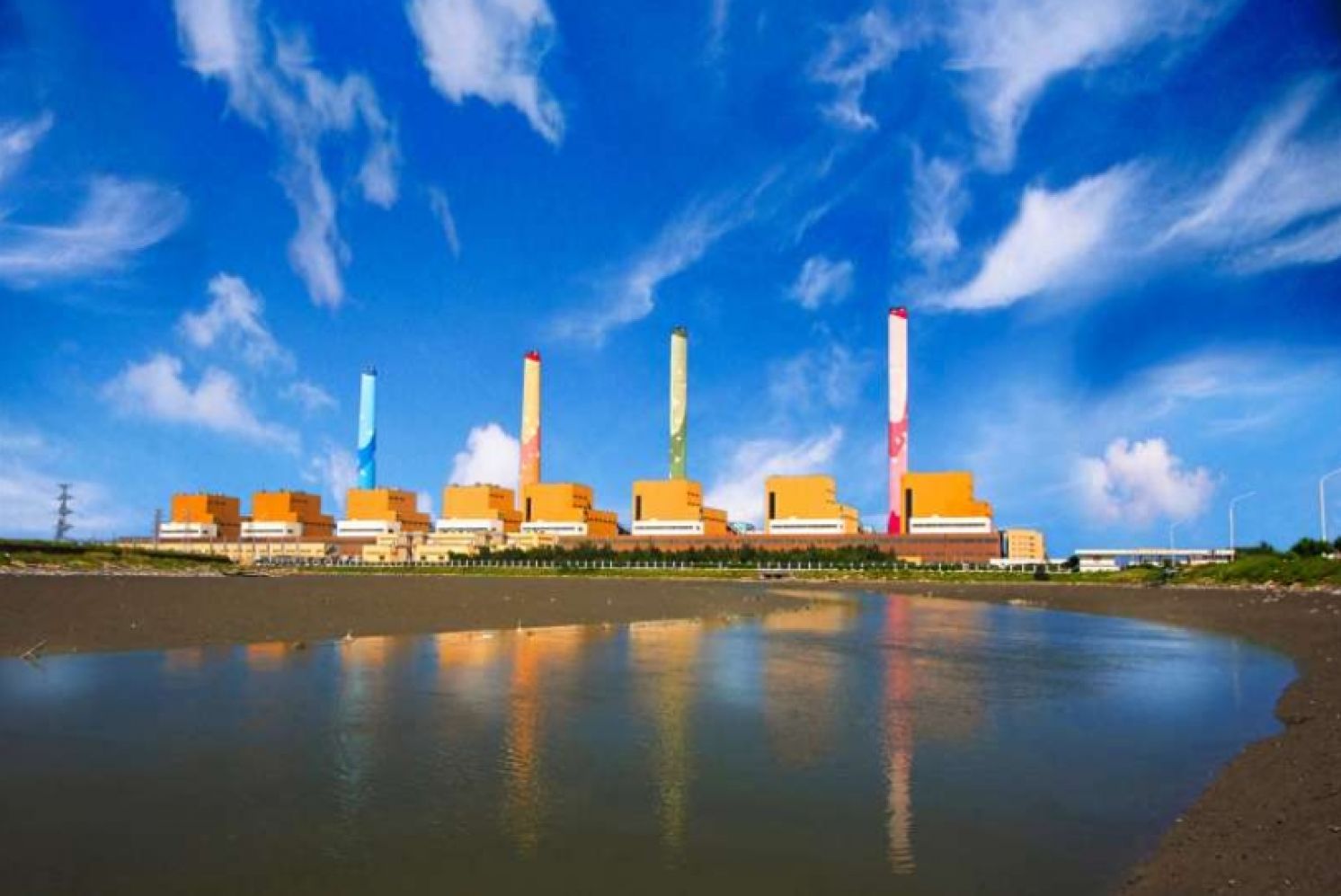
In Meeting with Business Executives, Did President Tsai Miss the Point?
The business community recently paid a visit to President Tsai Ing-wen.
Details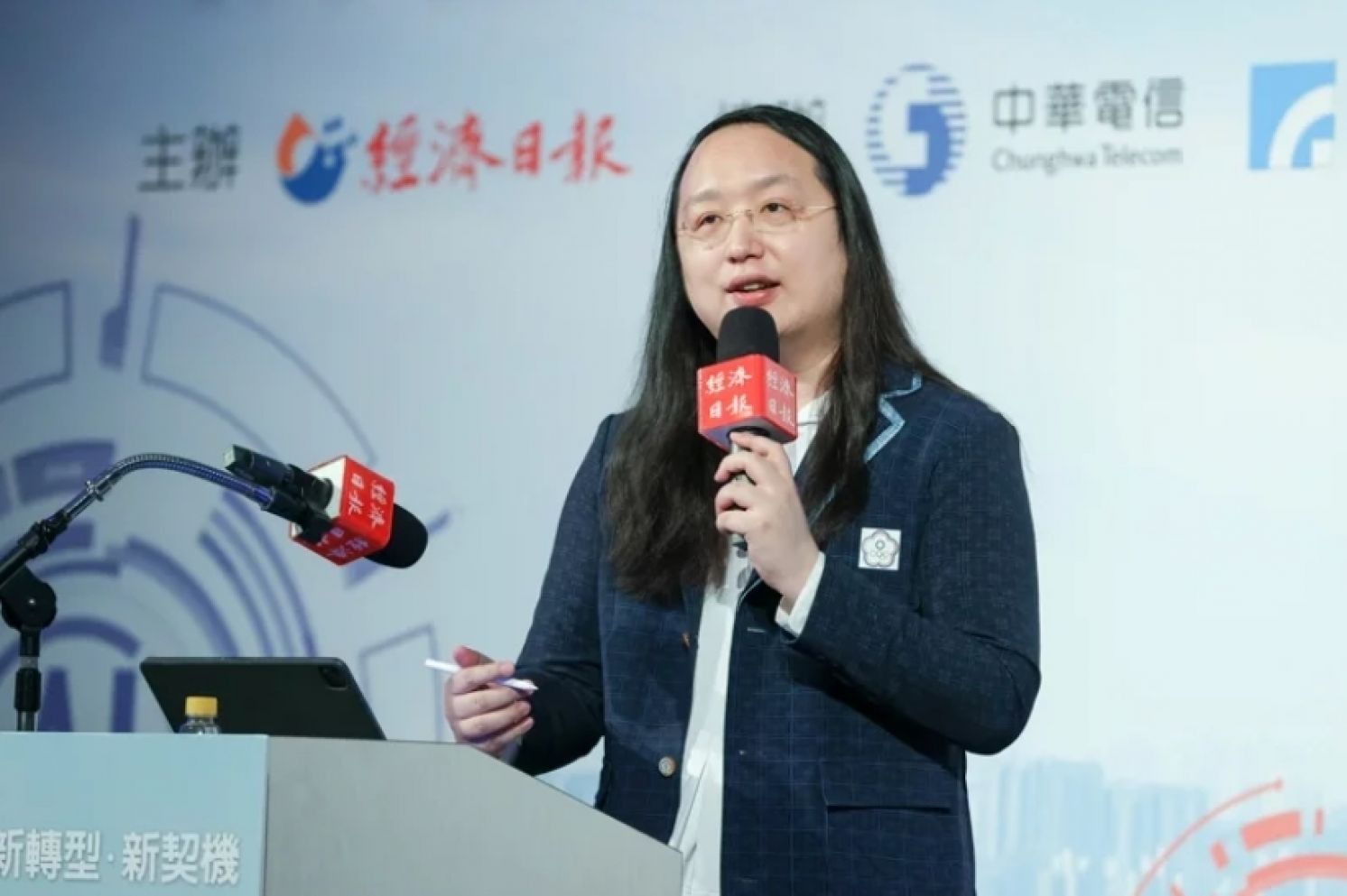
Despite Serious Cybersecurity Breaches, MODA Knows Only "Health Checks"
Political thinker John Locke (1632-1704) wrote in his Two Treaties of Government that government has no other end, but the preservation of property.
Details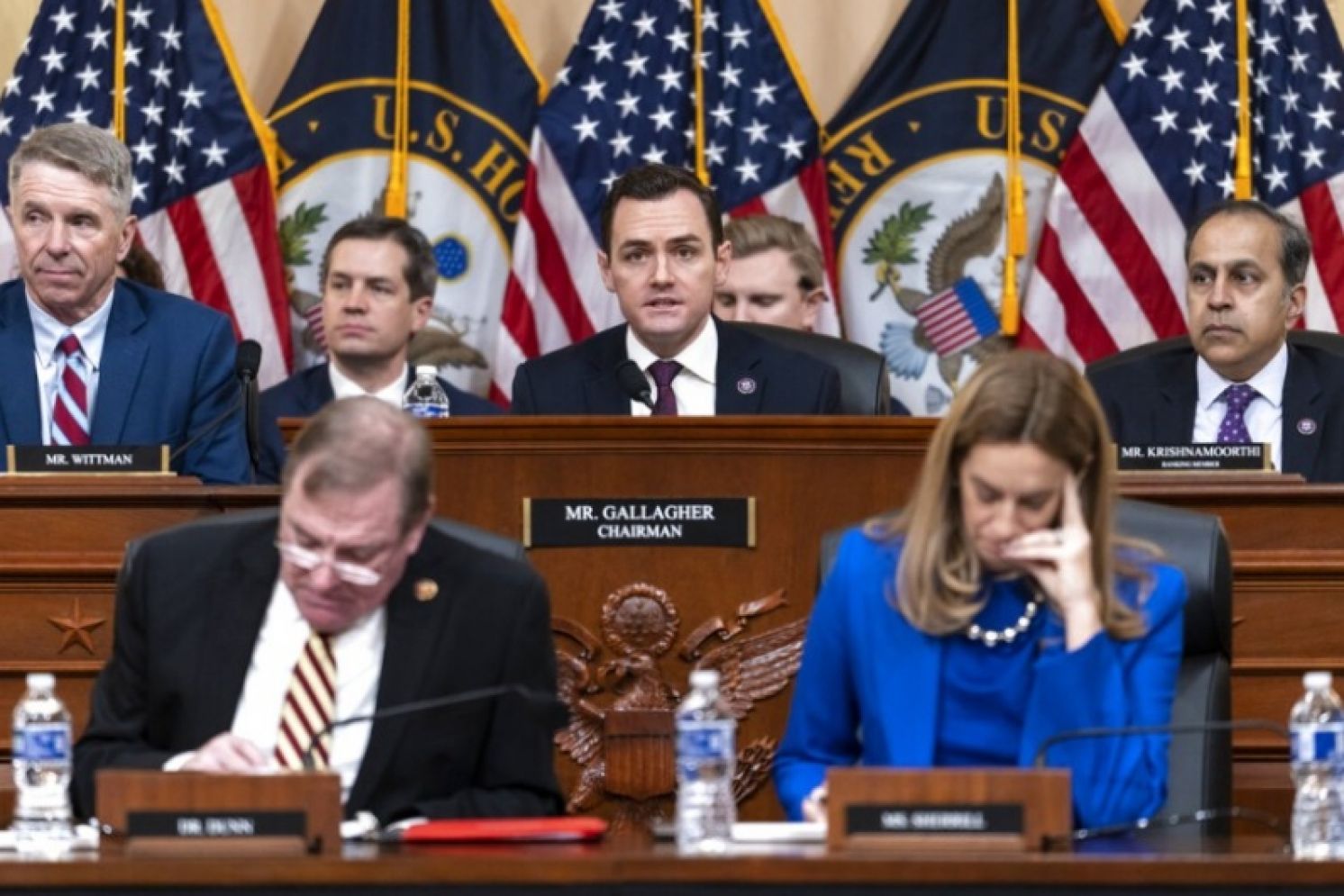
U.S. Lawmakers to Discharge Duties in Taiwan:Does President Tsai Still Have Sovereignty in Mind?
The Washington Post reported that U.S. House Representative Mike Gallagher, Chairman of the House Select Committee on Strategic Competition between the United States and the Chinese Communist Party, made a low-key visit to Taiwan last weekend.
Details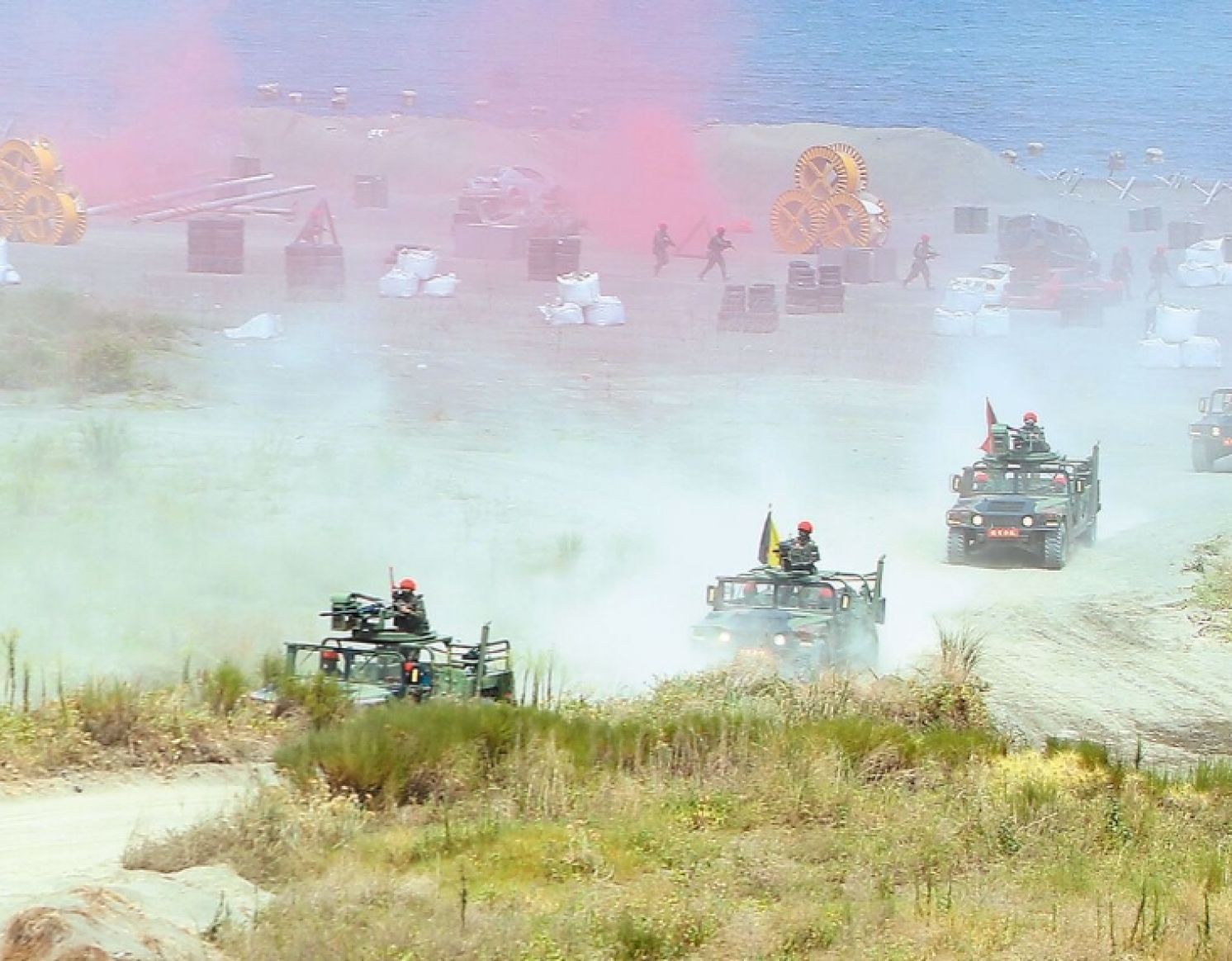
This Week in Taiwan 0219-0225
February 19: The eight major commercial and industry groups met with President Tsai Ing-wen on February 18 and made suggestions. Chairman Miao Fung-chiang of the Chinese National Federation of Industries (CNFI) stated that Taiwan should establish a central economic strategy, pay attention to mainland China's changing position in the global economy, and re-evaluate cross-strait economic and trade policies. Chairman Wu Tung-liang of the Chinese National Association of Industry and Commerce (CNAIC) suggested that Taiwan consider postponing the retirement of nuclear energy. Otherwise, if Taiwan were to rely on more imports, then the cost of power generation will only increase, and electricity prices would definitely go up.
Details
Recent Scandal Undermines Lai and Exposes DPP Infighting
Spokesman Chen Tsung-yen of the Executive Yuan was exposed to have accepted sexual entertainment when he served in local government.
Details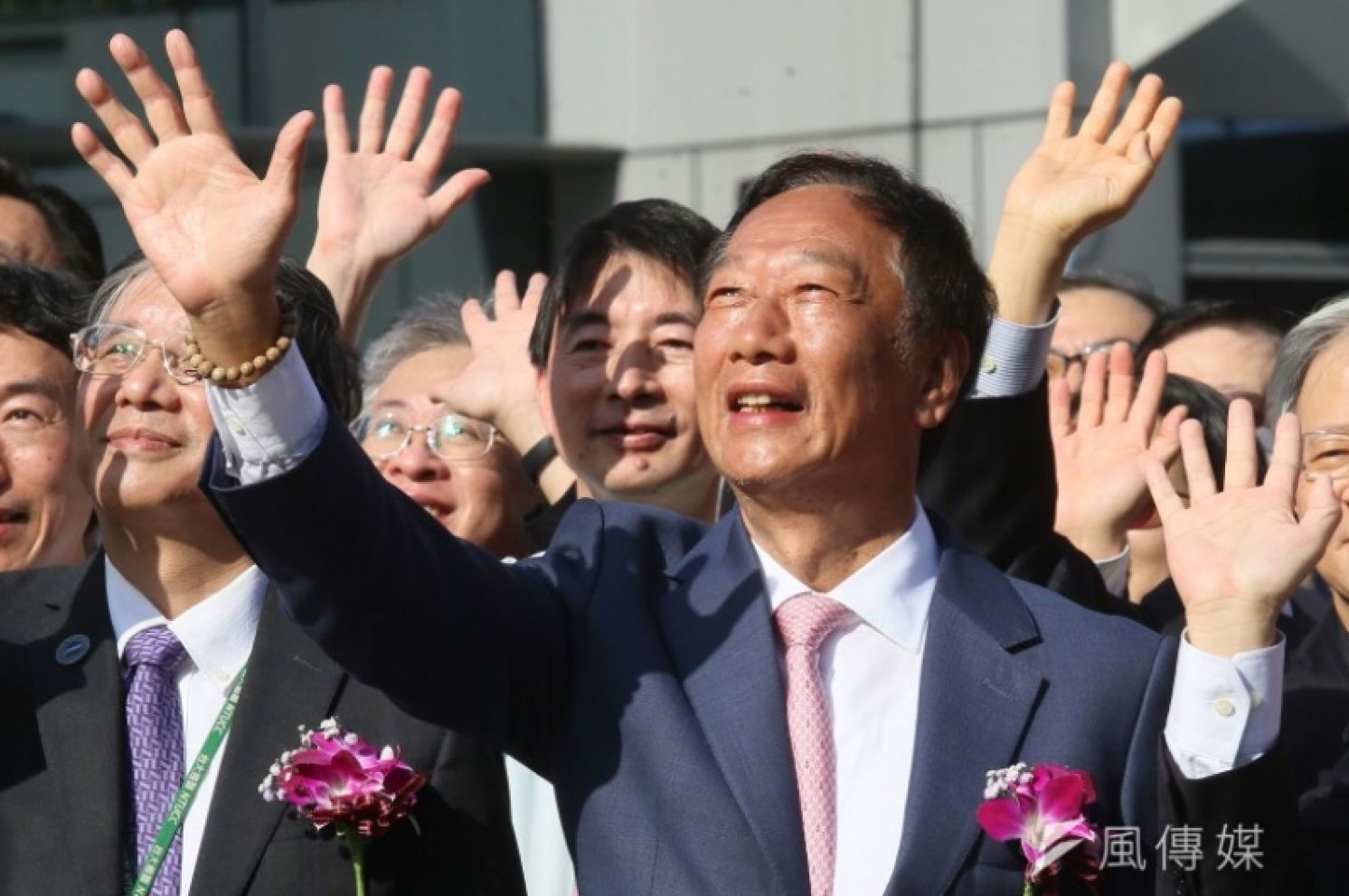
Terry Gou's Farce, KMT's Tragedy
Terry Gou, the founder of Hon Hai Precision Industry Company (Foxconn), has thrown a hot potato to the opposition Kuomintang (KMT) as he intends to seek the party's nomination for president in 2024.
Details- 1
- 2
- 3
- 4
- 5
- 6
- 7
- 8
- 9
- 10
- 11
- 12
- 13
- 14
- 15
- 16
- 17
- 18
- 19
- 20
- 21
- 22
- 23
- 24
- 25
- 26
- 27
- 28
- 29
- 30
- 31
- 32
- 33
- 34
- 35
- 36
- 37
- 38
- 39
- 40
- 41
- 42
- 43
- 44
- 45
- 46
- 47
- 48
- 49
- 50
- 51
- 52
- 53
- 54
- 55
- 56
- 57
- 58
- 59
- 60
- 61
- 62
- 63
- 64
- 65
- 66
- 67
- 68
- 69
- 70
- 71
- 72
- 73
- 74
- 75
- 76
- 77
- 78
- 79
- 80
- 81
- 82
- 83
- 84
- 85
- 86
- 87
- 88
- 89
- 90
- 91
- 92
- 93
- 94
- 95
- 96
- 97
- 98
- 99
- 100
- 101
- 102
- 103
- 104
- 105
- 106
- 107
- 108
- 109
- 110
- 111
- 112
- 113
- 114
- 115